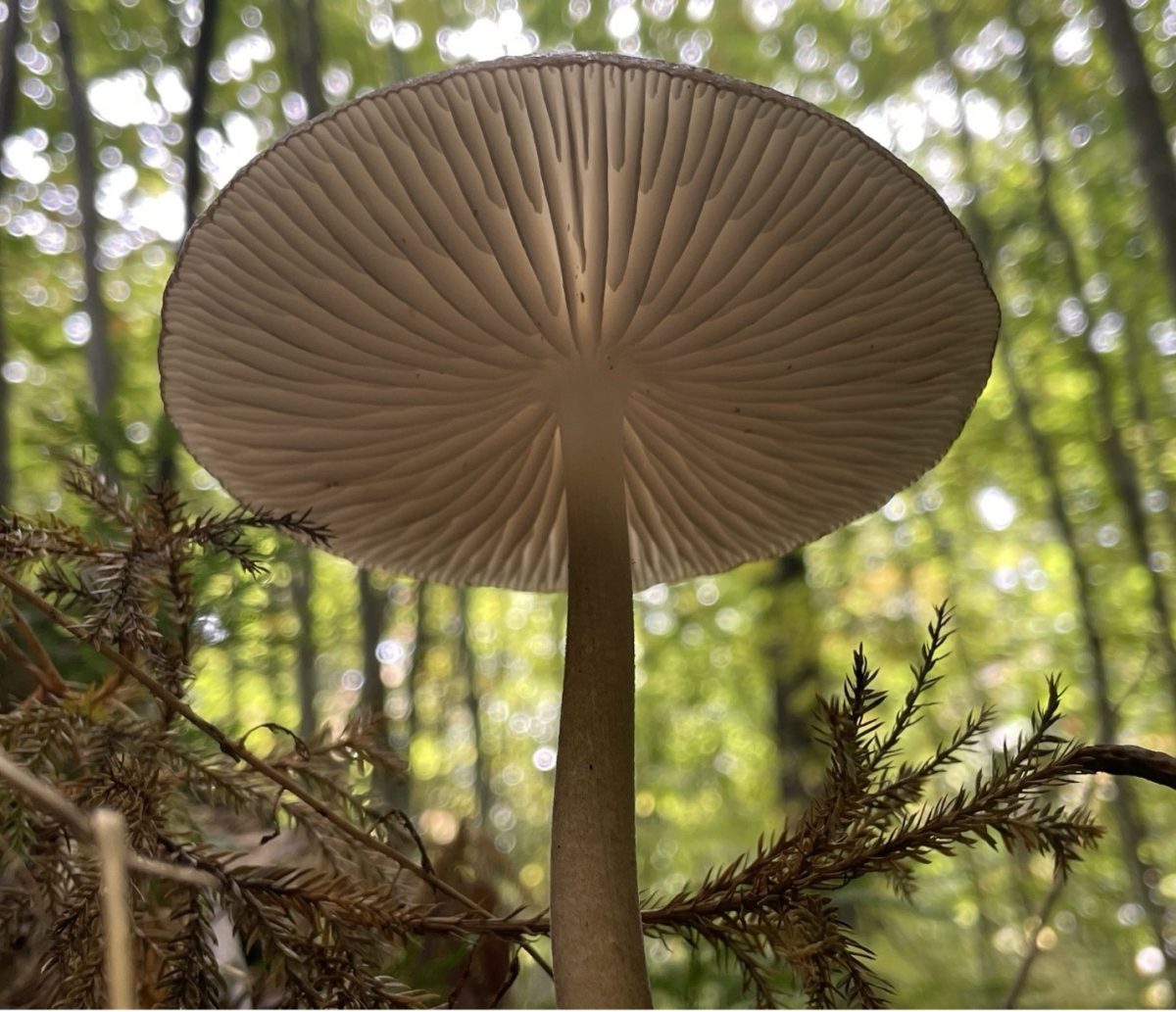This weekend, I ventured back to my hometown of Buffalo, N.Y., to spend some quality time with the family, as well as attend the Niagara Celtic Heritage Festival.
Before I continue, I have to confess: I am not Irish, Scottish or Welsh. And while the festival does celebrate ancestry, a person obviously doesn’t have to be of Celtic descent to attend.
Many interesting aspects of the day presented themselves. My family and I watched a kilt folding demonstration, learned about the art of falconry and I got a chance to pet so many Irish wolfhounds I thought I died and went to heaven.
What really stuck out to me though, was the amount of pride and honor many of the attendees held for heritage. In one corner of the festival, tents that traced back the various family’s ancestors and clans were lined up; if you had an Irish last name, you could figure out what clan you would have belonged to.
Grown men were walking around in kilts and with little coin purses attached to their hips. The women were dressed in corsets and long, green dresses. Now that’s pride.
The families who were in the tents were so knowledgeable of where they came from and their family’s past. Many had flags with the family name printed on them and some had the symbol for that specific clan. A lot of the people ventured to Ireland, Scotland or Wales to see their homeland in previous years.
That is definitely one thing I am jealous of. I think it is so cool to know where you come from. While I do know what nationalities I am made up of – a mixture of Italian, French, Polish and English – my family doesn’t necessarily identify with just one. I eat ham on Easter and the butter is in the shape of a lamb from my Polish ancestry. My family makes homemade raviolis for Christmas dinner from my Italian ancestry, but that’s about it.
So after attending the festival, I had an ancestry epiphany: I desperately want to discover my roots. Maybe it was just the results of a culture shock or from watching too many episodes of TCL’s “Who Do You Think You Are,” but I believe that it’s important to find out where you come from. It’s not only fascinating, but I also think it is respectful to your past relatives. I mean if it weren’t for them, we wouldn’t be here today.
I encourage you to talk with family and figure out where it is your family comes from. For me, it is not only interesting but I feel connected in a way to those who came before me.
Figuring out the time period they grew up in and how they lived from day to day is like putting together a big, giant puzzle of history. It’s a great way to appreciate ancestors and cultures. And while I may never be a guest star on “Who Do You Think You Are?” finding out where I come from on my own seems just as appealing.
SAMMIE JANIK



